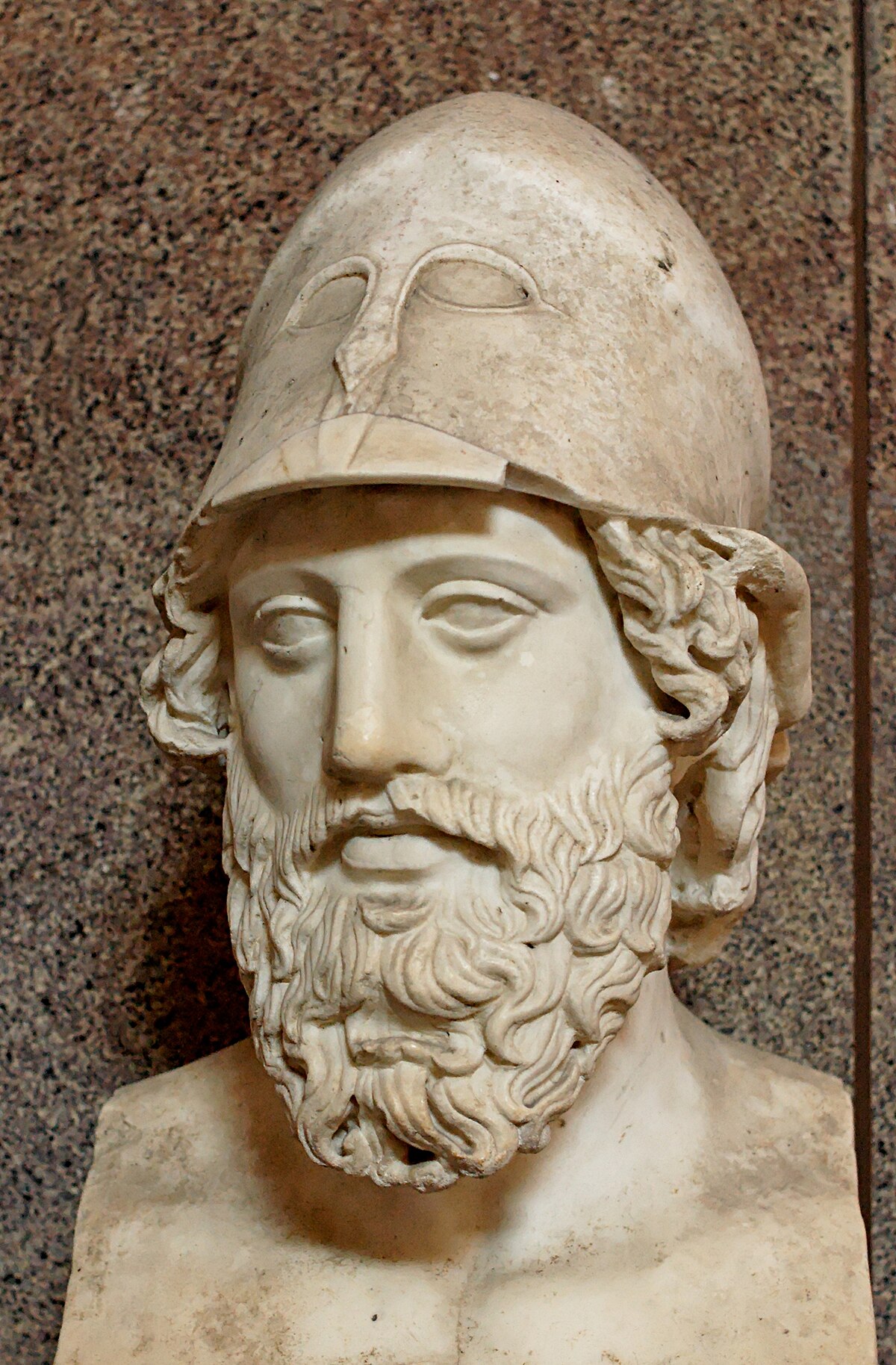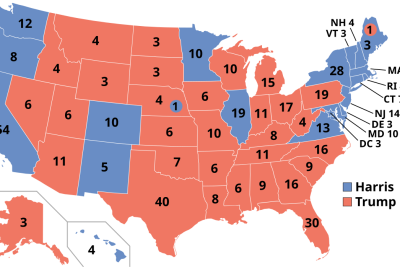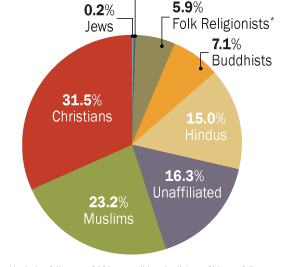
Strategus: Military Leader's Role in Athenian Democracy

The term strategus denotes a pivotal figure in ancient Greek military and political life, indicating a general with comprehensive responsibilities. This position was not only essential for leading armies but also integral to the democratic fabric of Athens, where military leaders had significant input in governance. The strategus was a product of the evolving Athenian democracy, where the intersection of military and political authority became ever more pronounced, especially during the conflicts of the 5th century BCE.
Established around 508 BC by Cleisthenes, the role of the strategus emerged from the need for efficient military leadership amid the backdrop of democratic ideals. The annual election of ten strategi, one from each of the ten tribes, reflects the democratization of military command in Athens, allowing for collective representation and shared authority. The prominence of the strategus in both battle and political arenas underscores the dual nature of their responsibilities, which were essential not only for Athenian victories in warfare but also for shaping foreign policy and influencing domestic governance.
- Historical Context of the Strategus
- Establishment of the Strategus in Athenian Democracy
- Military Responsibilities of the Strategus
- Political Influence and Role in Governance
- The Strategus and Foreign Affairs
- Evolution of the Strategus in Hellenistic Greece
- Transition to Civil Governance in the Roman Era
- Conclusion: The Enduring Legacy of the Strategus
Historical Context of the Strategus
The concept of the strategus arose during a period marked by profound political transformations in Athens. Following the fall of tyrannies, Cleisthenes introduced reforms that allowed citizens a greater say in governance, laying the groundwork for an early form of democracy. Within this emerging democratic system, the military became a crucial arm of state power, necessitating the development of leaders equipped to navigate both the battlefield and the political landscape.
Historically, the strategus was more than a mere military leader; they were central to Athenian identity, representing the intersection of civic duty, martial prowess, and political engagement. As wars became more frequent, especially against formidable adversaries like Persia, the role of the strategus evolved, leading to an increased need for strategic military expertise infused with political acumen.
Establishment of the Strategus in Athenian Democracy
The formal establishment of the strategus as an elected office reflects the shifting dynamics of power in Athens. Cleisthenes’ reforms in 508 BC allowed for the emergence of the strategus as part of a structured military hierarchy, where ten strategi were elected from each of the Athenian tribes. These officials were crucial in coordinating the military regiments that represented their respective tribes, essentially establishing a sense of shared responsibility among the city’s citizens.
During the 5th century, the role of the strategus became more formalized. Initially, the polemarch, a military archon, held significant command authority; however, as the democratic model matured, the strategi gained substantial military command. Following the reforms of 487 BC, the strategus began to exercise direct command over the military forces, often assuming operational leadership during crucial battles. This change signified a turning point where military leaders gained authority that paralleled their political significance.
Military Responsibilities of the Strategus
The military responsibilities of the strategus were extensive and multifaceted, particularly during periods of conflict. They were responsible for the strategic planning of military campaigns, troop mobilization, and the overall command of Athenian forces. The strategus had to be adept at logistics, ensuring that supplies and reinforcements were effectively managed, which was crucial for the success of military operations.
A significant aspect of a strategus's role was their involvement in advisory capacities, especially during significant battles where they provided critical expertise to the polemarch. Their military training and experience enabled them to devise tactics suited to the unique challenges of each encounter, making their decisions pivotal in determining the outcomes of engagements. The collaborative nature of military command in Athens meant that while personal qualities and leadership styles varied among the strategi, the collective decision-making process was integral to the effectiveness of the Athenian military.
Political Influence and Role in Governance
The intersection of military and political responsibilities imbued the strategus with considerable influence over Athenian governance. As military leaders, they enjoyed special access to the Boule, the council responsible for most governmental decisions. This proximity to power allowed strategi to leverage their military insights into broader political discussions, particularly concerning foreign policy and defense strategies.
Under the Athenian democracy, the ability of the strategus to influence decisions extended to treaty negotiations and diplomatic efforts, where their opinions were sought after by the Ecclesia, the assembly of Athenian citizens. Their unique perspective as military leaders positioned them as key stakeholders in shaping responses to external threats, thereby elevating their status within the Athenian political framework. Furthermore, the contentious nature of Athenian politics often relied on the strategus to rally popular support for military initiatives.
The Strategus and Foreign Affairs
The role of the strategus in foreign affairs was particularly influential during wartime and periods of diplomatic negotiations. As Athens was a formidable naval power, strategi were tasked not only with military planning but also with crafting alliances, managing relations with other city-states, and overseeing naval expeditions. The strategic significance of their military decisions like Darius and Xerxes in the Persian invasions played a critical role in shaping Athenian foreign policy.
Moreover, the strategus was often at the forefront of negotiations for alliances or peace treaties with adversaries. Their firsthand experience with warfare enabled them to assess the political landscape accurately and advocate for terms that benefited Athenian interests. The convergence of military prowess and diplomatic engagement established the strategus as a critical figure in the pursuit of Athenian global influence during the 5th century BCE.
Evolution of the Strategus in Hellenistic Greece
As the political landscape shifted with the rise of Macedon and Alexander the Great, the role of the strategus evolved significantly in Hellenistic Greece. The conquest of various territories brought about the adaptation of the strategus’s functions into a broader governance role, ultimately leading to their position as supreme magistrates in the newly formed federations. This transition marked a significant departure from the classical Athenian model, reflecting the influence of larger empires where centralized authority became necessary.
The transition from military commander to civil governance can be linked to the increasing complexity of political relationships in the Hellenistic age. The strategus adapted to maintain relevance, and many took on roles that encompassed not only military leadership but also civil administration. They often retained their title, managing regions with a mandate that involved overseeing local administration, taxation, and law enforcement.
Transition to Civil Governance in the Roman Era
The role of the strategus witnessed further transformation during the Roman era, particularly under Roman rule. The once predominantly military position transitioned into a more civil governance role, with strategi now recognized as governors of provinces within the Roman Empire. This adaptation illustrated the enduring nature of the strategus title, which continued to carry weight even as the political landscape radically shifted.
In this context, the strategus became instrumental in maintaining order and implementing Roman laws, acting as critical intermediaries between the local populace and Roman authorities. The retention of the title highlighted the adaptability of the position, bridging the gap between the ancient traditions of the Greeks and the governance styles favored by the Romans, thus demonstrating the synergy between military and bureaucratic roles even in times of change.
Conclusion: The Enduring Legacy of the Strategus
The enduring legacy of the strategus in Athenian democracy is a testament to the profound intertwining of military and political life in ancient Greece. From its origins as a military commander under Cleisthenes to its evolution into a significant political authority throughout the Hellenistic period and into the Roman era, the strategus played a crucial role in shaping the trajectory of Athenian society. This duality of responsibilities underscores the critical nature of leadership that was both adaptive and reflective of the democratic values inherent in Athenian culture.
As the strategus navigated the complex world of military engagements and political responsibilities, they left an indelible mark on Athenian governance and the larger Mediterranean landscape. Their historical significance highlights the importance of military leaders in democracies, serving as an essential reminder of the multifaceted roles that such figures can play in shaping their societies and the governance structures that emerge from them.
Did you find this article helpful? Strategus: Military Leader's Role in Athenian Democracy See more here Education.
Leave a Reply






Related posts